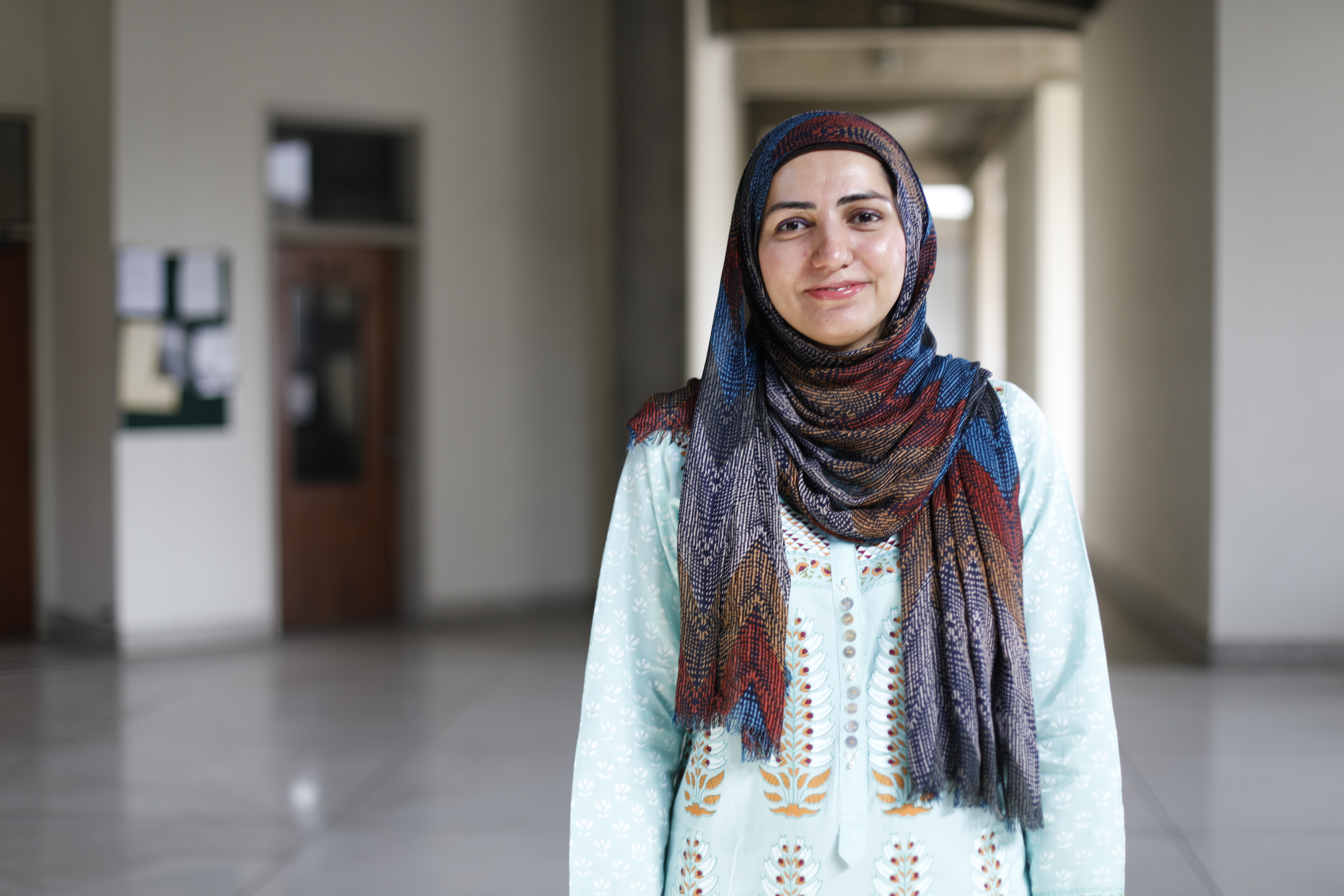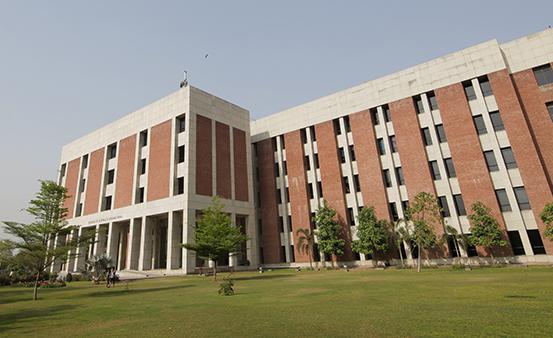
One of the most significant public policy challenges for growing economies such as Pakistan is how to ensure access to clean and affordable energy in a sustainable manner. We are all familiar with the experience of “load-shedding” in our everyday lives at home, in the workplace and in the marketplace. As an economist who is interested in understanding choices and behaviour of different actors in the economy using theory and empirical data, the goal of Dr. Ayesha Ali's, Assistant Professor, Department of Economics, Mushtaq Ahmad Gurmani School of Humanities and Social Sciences (MGSHSS), research is to inform public policies that can address the energy scarcity challenge from both the demand and supply perspective.
In her research, she has developed a novel way to use big data to learn about the incidence of electricity outages in Pakistan. Specifically, she used the brightness in nighttime lights and their variability as observed in satellite images to construct an annual measure of the severity of outages across districts over the period of 2006 to 2012 which coincides with the peak of the electricity shortage crisis in Pakistan.
In the absence of reliable and consistent data on outages at the subnational level, this approach provides a valuable way of learning about the impact of outages on economic activity. Using national household survey data together with this measure of outages, Dr. Ali found that at the peak of the electricity shortage crisis, an additional hour of outages each day reduce household income by 18%, employment by 2%, and labour productivity by 11%.
“The effect is largest in the most developed parts of the country which are the biggest users of electricity and therefore suffer the most when deprived of this vital resource,” further explains Dr. Ali. Looking at household electricity consumption behaviour in response to outages, she also found that high-income households reduce their grid electricity consumption less than the low-income households. This suggests that they reschedule their electricity using activities, acquire storage batteries, or adapt in other ways to mitigate the effect of power cuts since they have a high value for electricity.
Dr. Ali’s research findings have direct implications for policymakers engaged in managing energy shortages. Firstly, her findings imply that in order to minimise the economic losses from outages, electricity should be allocated to those areas that have the highest unserved demand. In this way, economic losses that would arise when these areas are deprived of electricity can be minimised. Secondly, her findings also suggest that untargeted subsidies that lower the price of electricity for all groups without consideration of the value they place on the electricity are inefficient and wasteful. Therefore, policymakers should remove untargeted energy subsidies and compensate low-income households through other support mechanisms.
Apart from understanding the impact of energy shortages, in a parallel research, Dr. Ali also examined the effectiveness of new technologies in improving energy efficiency. “Finding ways to improve efficient use of energy is a win-win solution in addressing the energy scarcity challenge, as it enables us to create more value from the same unit of consumption.”
This particular research has been undertaken together with colleagues from the departments of computer science and electrical engineering. The specific application of energy efficiency that is examined is building level temperature control. Most of the existing buildings in emerging economies are not equipped with centralised temperature control systems which results in excessive energy consumption.
As an economist, Dr. Ali’s aim is to quantify the potential energy savings that can be realised by deploying an integrated resource management system to overcome this problem. Her findings show that with just 20% market penetration of this new technology, at least 6% of electricity per capita can be saved in residential and commercial sectors in a developing country such as Pakistan.
Dr. Ali hopes that the findings of her research will be able to form policies to manage energy shortages and shed light on viable solutions to address the energy scarcity challenge in developing countries.








